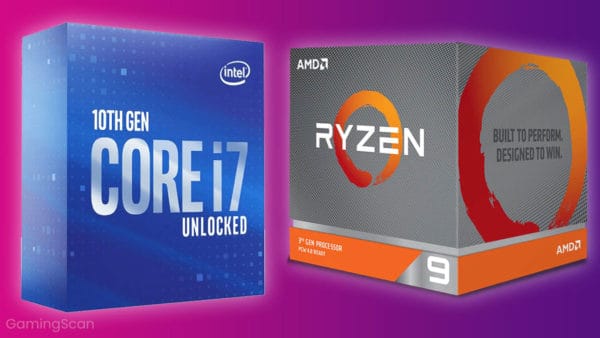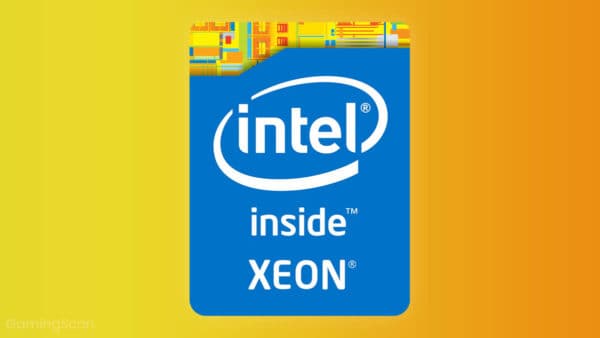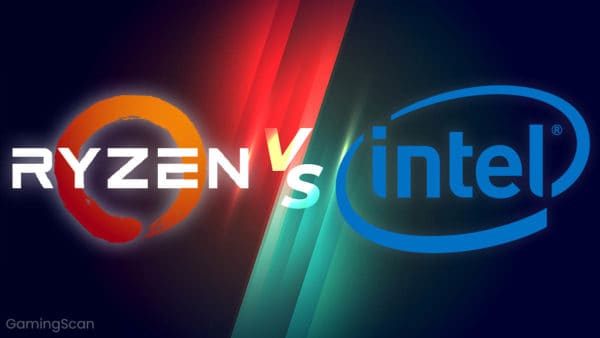Answer:
Ryzen CPUs are best suited for gaming PCs, while the much more expensive Threadripper and Epyc models are geared towards workstations and servers instead.
There are several important pieces of hardware to keep in mind when building a PC, one of which is the CPU — the brains of every computer.
When looking for the right CPU, there are a number of factors to consider: performance, specifications, pricing, among others.
Now, if you’re building a new gaming PC and are, like many people today, thinking about getting an AMD CPU for your new build, you’ll find that there are several CPU brands currently being offered by “Team Red.”
This includes their immensely popular Ryzen lineup, but also the pricier Threadripper and Epyc CPUs.
So, how do the CPUs from these three brands differ from one another, and which should you ultimately pick for gaming?
That’s exactly what we’ll discuss and answer in this article, so read on!
Table of ContentsShow
The Basics
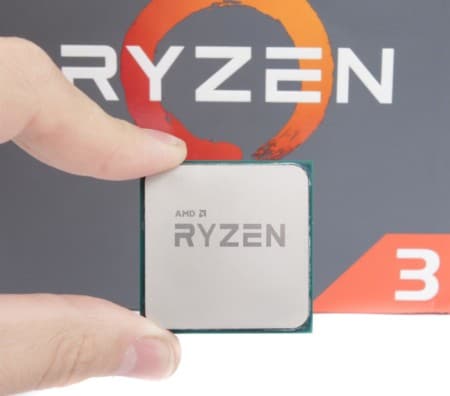
Before we get to the comparisons, let’s take a closer look at each of the three aforementioned brands.
First, there’s the Ryzen series. Originally released in 2017, AMD’s Ryzen lineup includes a number of different CPU models that are further divided according to their overall performance and pricing as follows:
- Ryzen 3 – Low-end
- Ryzen 5 – Mid-range
- Ryzen 7 – High-end
- Ryzen 9 – Enthusiast
That said, mainstream Ryzen CPUs cover everything from basic entry-level solutions to gaming CPUs and the more powerful workstation-oriented CPUs that pack way more computing power.
As we move higher up the price and performance ladder, we get to the Ryzen Threadripper, a brand that covers a number of performance-oriented solutions that offer more cores and threads than even the most powerful of the Ryzen 9 models, albeit at a significant premium price.
Moreover, the price and performance gaps aren’t the only things separating the Threadripper from the main Ryzen series, as it also uses a special sTRX4 socket rather than the AM4 standard used by the rest of the Ryzen series.
Finally, we get to Epyc, a brand of CPUs based on the same architecture as the Ryzen and Threadripper models. However, they are geared mainly towards servers and thus also boast high core counts, offer better multitasking performance, better stability, along with some other features that are important for servers that you can’t find in the more affordable CPUs. Also, much like the Threadripper, Epyc CPUs use their own unique socket, the SP3.
With that out of the way, let’s go over some of the notable specs and features that people most often look for in CPUs today.
Core/Thread Count
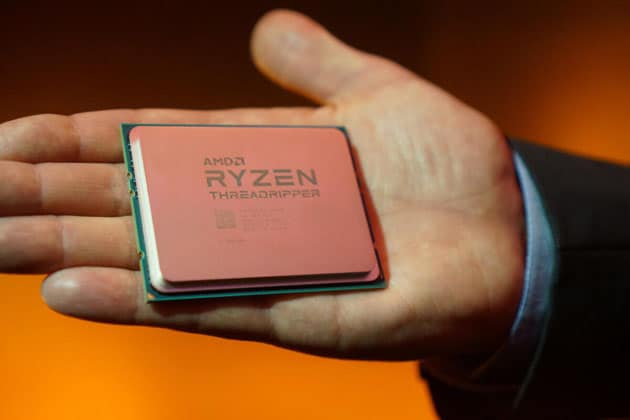
The core and thread counts are often the first thing that people take note of when shopping for CPUs in 2024, and the success of Ryzen processors is owed in no small part to their high core and thread counts that completely outclassed what Intel was offering these past several years.
So, how do Ryzen, Threadripper and Epyc CPUs compare in this department?
Let’s take a look at the Ryzen 3000 series. They offer anywhere from 4 cores and 8 threads in the cheapest Ryzen 3 models to an impressive 16 cores and 32 threads in what is currently the most powerful and most expensive desktop Ryzen 9 CPU, the Ryzen 9 3950X.
However, the Threadripper 3000 series leave even the aforementioned Ryzen 9 in the dust, starting at 24 cores and 48 threads while going as high as 64 cores and 128 threads.
Meanwhile, the second generation of Epyc CPUs currently starts as low as 8 cores and 16 threads in the more affordable models to a whopping 64 cores and 128 threads in the premium ones, thus matching the latest, most expensive Threadripper in terms of core and thread count.
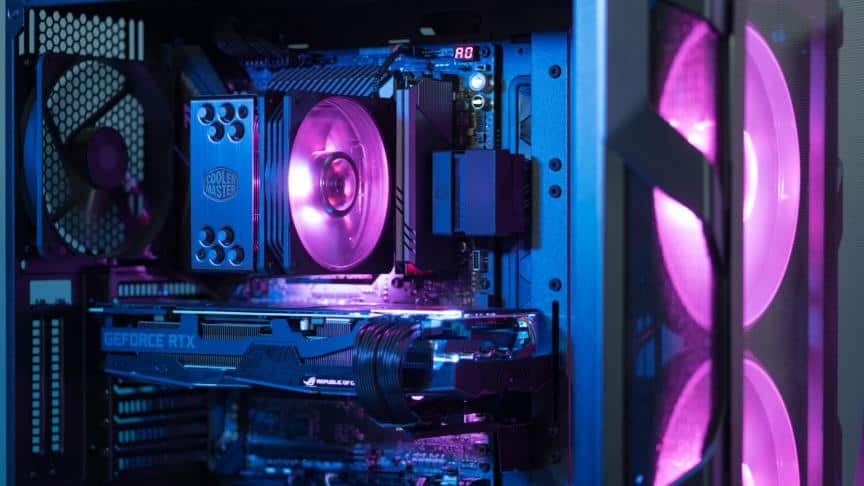
That said, Threadripper and Epyc CPUs both offer higher core counts than the mainstream Ryzen models, something that is very important for workstations and servers that need to process large volumes of data as quickly as possible.
However, games these days hardly need the monstrous thread counts offered by Threadripper and Epyc CPUs, even though many of them are optimized to take advantage of multiple cores/threads. Moreover, games usually tend to benefit more from high clock speeds rather than high thread counts.
In essence, the CPU clock is the frequency at which a single CPU core operates. It is commonly expressed in GHz (gigahertz) and it indicates how much data the core can process each second.
Of course, it’s worth noting that clock speeds, like the rest of on-paper specifications, aren’t a great way of estimating actual performance, especially considering all of AMD’s latest Ryzen and Threadripper CPUs’ base clock speeds are mostly confined to the 3-4 GHz range, and there are no major differences when it comes to boost clocks either.
As for Epyc CPUs, they usually have seemingly low base clock speeds and they don’t really overclock as well as the more affordable AMD CPUs do by design, although stability is much more important for servers than raw processing power.
Cache Memory
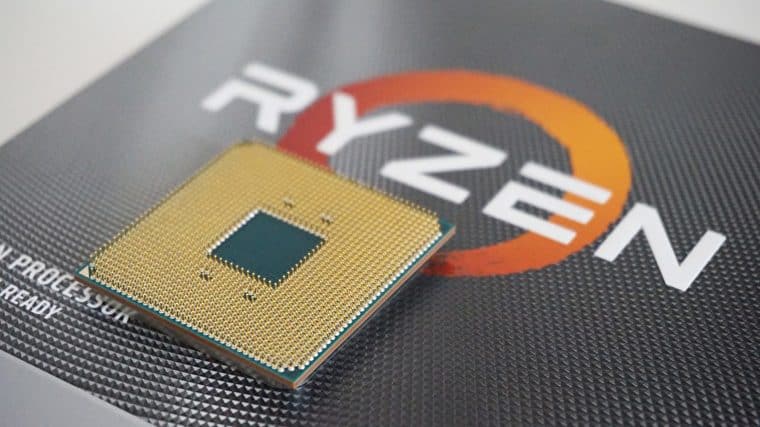
Next, we should mention cache memory. Relatively speaking, this is one of the entries on a CPU spec sheet that’s often overlooked by gamers as it doesn’t offer any noticeable benefits when it comes to in-game performance. But obviously, it’s still an indispensable part of every CPU.
So, what does reserve memory do?
Basically, it is a small memory cache that stores important data and allows the CPU to access it quickly whenever it needs to do so. Therefore, cache memory helps with multitasking but, more importantly, it contributes a lot in terms of system stability.
Again, if we take a look at the latest CPU models, we can see that the mainstream Ryzen CPUs have anywhere from 16 MB to 64 MB of L3 cache memory. Meanwhile, the latest Threadrippers come with either 128 or 256 MB, while the second generation Epyc CPUs start at 32 MB and can go as high as 256 MB.
That said, much like with core counts, both the Threadripper and Epyc models greatly out-spec the mainstream Ryzen models and are fairly evenly matched in this department, but this is hardly something that will make or break a gaming CPU.
RAM Support
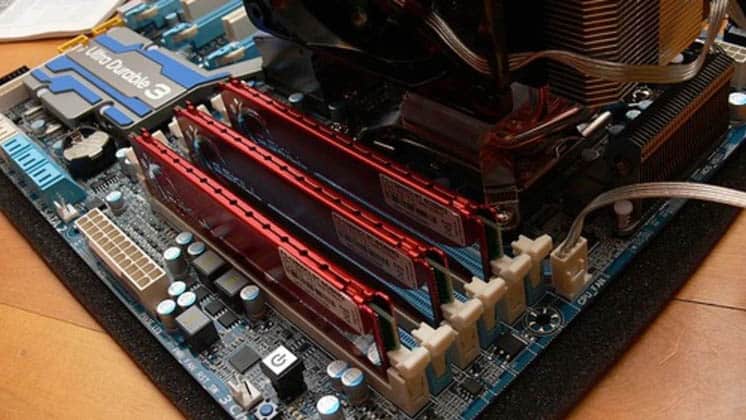
Speaking of memory, cache memory obviously isn’t the only type of memory that needs to be kept in mind when it comes to CPUs. Namely, the amount of RAM and the number of supported memory channels is determined not only by the motherboard but also by the CPU itself.
As far as memory channels are concerned, the mainstream Ryzen CPUs only support dual-channel configurations. Meanwhile, Threadripper models can support quad-channel configurations, and the Epyc CPUs support a total of eight memory channels.
Needless to say, this means that the Threadripper and Epyc CPUs can support significantly greater memory bandwidth, thus being able to transfer and process important data much faster. And as before, while quad-channel and octa-channel RAM configurations would be overkill for gaming PCs, they can provide workstations and servers with a lot of extra bandwidth that can greatly enhance their overall performance.
Prices
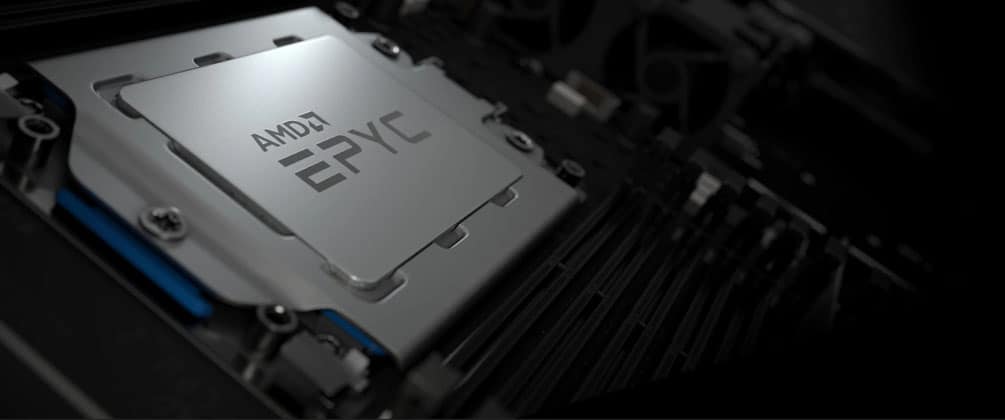
One of the key factors to keep in mind when shopping for any piece of hardware is, of course, the price. Some don’t want to spend too much on a CPU, while others don’t mind the extra expense as long as it provides good value for the money.
As far as the overall costs are concerned, the mainstream Ryzen CPUs are obviously the most affordable ones around, ranging from as little as $100 for the budget Ryzen 3 models to as high as $750 for the most expensive Ryzen 9 ones, although the most popular gaming-oriented Ryzen 5 and Ryzen 7 models are found in the $200-$400 price range.
The Threadripper CPUs are more expensive, as you might expect. The latest Threadripper 3000 models cover the $1400-$4000 price range, which is way more expensive than any of the mainstream Ryzen CPUs.
Granted, the first and second generations of Threadrippers were more affordable, relatively speaking, and they could be found in the $500-$1000 and the $650-$1800 price ranges, respectively. However, with the introduction of the Ryzen 9 models to the mainstream lineup, Threadrippers became a more premium performance-oriented solution that now offers even more power at significantly higher price points.
Finally, when it comes to Epyc, they cover a fairly wide price range, starting as low as $450 (about the price of some Ryzen 7 and Ryzen 9 models) but go all the way up to a whopping $6950, making them the most expensive CPUs that AMD is currently offering.
Which is Best For Gaming?
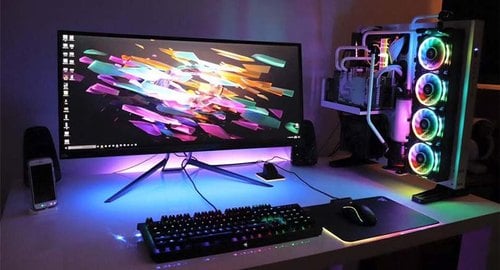
Now, if you’re new to PC building, you might be wondering which of these CPU brands would be best for gaming. Do the beefier, more expensive CPUs offer better performance in games?
The short answer is: no, they don’t.
As mentioned before, the Ryzen 5 and the Ryzen 7 models are usually the most popular picks for gaming PCs. They are more than powerful enough to run the latest mid-range and high-end GPUs without bottlenecking them.
As for Threadrippers and Epyc CPUs, they are quite simply overkill when it comes to gaming and there’s no need to spend quadruple digits on a CPU if all you intend on using the PC for is gaming.
Obviously, these CPUs are aimed at high-end workstations and servers that can take full advantage of the extra features they offer, like higher core/thread counts, better stability, more PCIe lanes for additional GPUs and SSDs, and greater RAM bandwidth, among some other things that your average gaming PC can’t really benefit from.
Conclusion
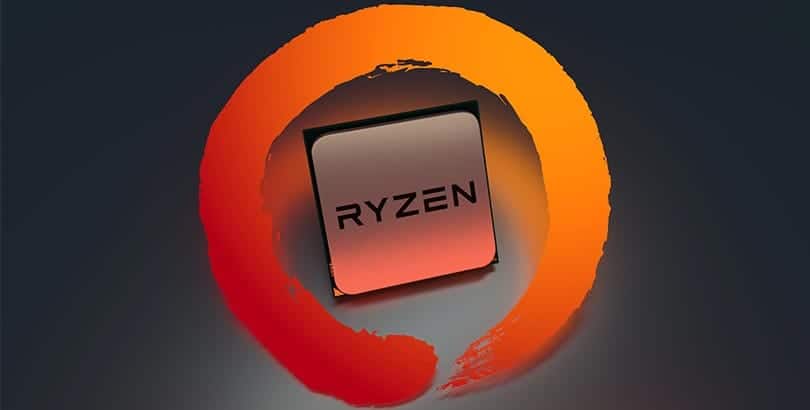
So, all in all, the mainstream Ryzen series is composed of CPUs aimed at the average consumer, and it includes everything from affordable entry-level solutions for budget gaming PCs to the remarkably powerful Ryzen 9 models that would be right at home in many workstations, too.
However, Ryzen Threadripper and Epyc CPUs are simply not good fits for gaming, for several major reasons:
- They pack way more power than what a gaming PC needs.
- Most of them are much more expensive than the mainstream Ryzen CPUs.
- They both use special sockets (sTRX4 and SP3, respectively).
If you’re currently searching for a new gaming CPU, we suggest examining our assortment of what we regard as the finest CPUs for gaming in 2024. You’ll certainly discover something there that suits your needs and budget.

